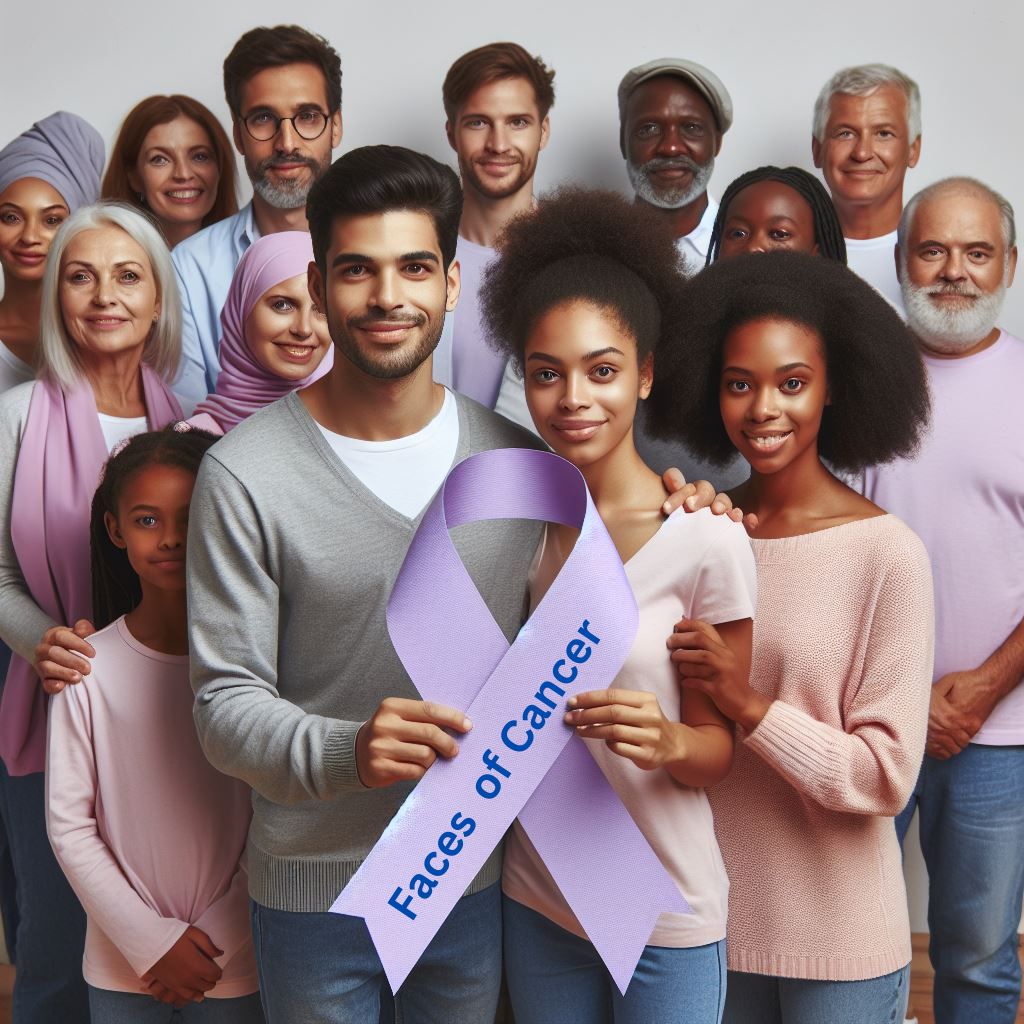
Heroes: The Strength of Cancer Patients
We
celebrate those who risk their lives to save others – but extraordinary bravery
comes in many forms. Cancer patients endure surgery, grueling chemo, and
unimaginable hardship. Their families and loved ones suffer alongside them.
Different
Battles, Shared Courage
Every
cancer journey is unique. Treatments vary, and side effects
differ. Yet, the constant is the extraordinary strength of those fighting this
disease.
Hope
in Progress
Thanks
to research, survival rates are climbing. We may never fully
conquer cancer, but we can marvel at those facing it with unwavering spirit.
They
are the true heroes.
A
deeper dive into the latest technological advances in cancer research:
Precision
Medicine: Genomic Sequencing involves analyzing a patient’s tumor
DNA to pinpoint specific mutations driving their cancer. This leads to highly
personalized treatment plans.
Liquid
Biopsies: Detecting cancer
cells or DNA fragments in blood samples, enabling earlier diagnosis and
monitoring of treatment effectiveness.
Immunotherapy: CAR
T-cell Therapy involves engineering a patient’s own immune cells (T-cells) to
recognize and destroy cancer cells, which has shown remarkable results in blood
cancers.
Immune
Checkpoint Inhibitors:
Drugs that unleash the immune system’s natural ability to fight cancer
cells by blocking ‘off-switches’ they exploit.
Artificial
Intelligence (AI) and Big Data
Analyzing
Medical Images: AI can help detect early signs of cancer on
scans, improving accuracy and potentially aiding earlier diagnosis.
Drug
Discovery: AI-powered platforms analyze massive datasets to identify
potential new cancer-fighting drugs and optimize existing treatments.
Other
Exciting Areas
CRISPR
Gene Editing: Potentially correcting the genetic mutations
that cause cancer, though still in early development.
Targeted
Drug Delivery: We are designing nanoparticles and other
delivery systems that deliver cancer drugs directly to tumor cells with minimal
side effects.
Important
Note: While these advances bring immense hope, much research
remains. It’s critical to support research efforts and advocate for accessible,
cutting-edge treatments for all patients.




